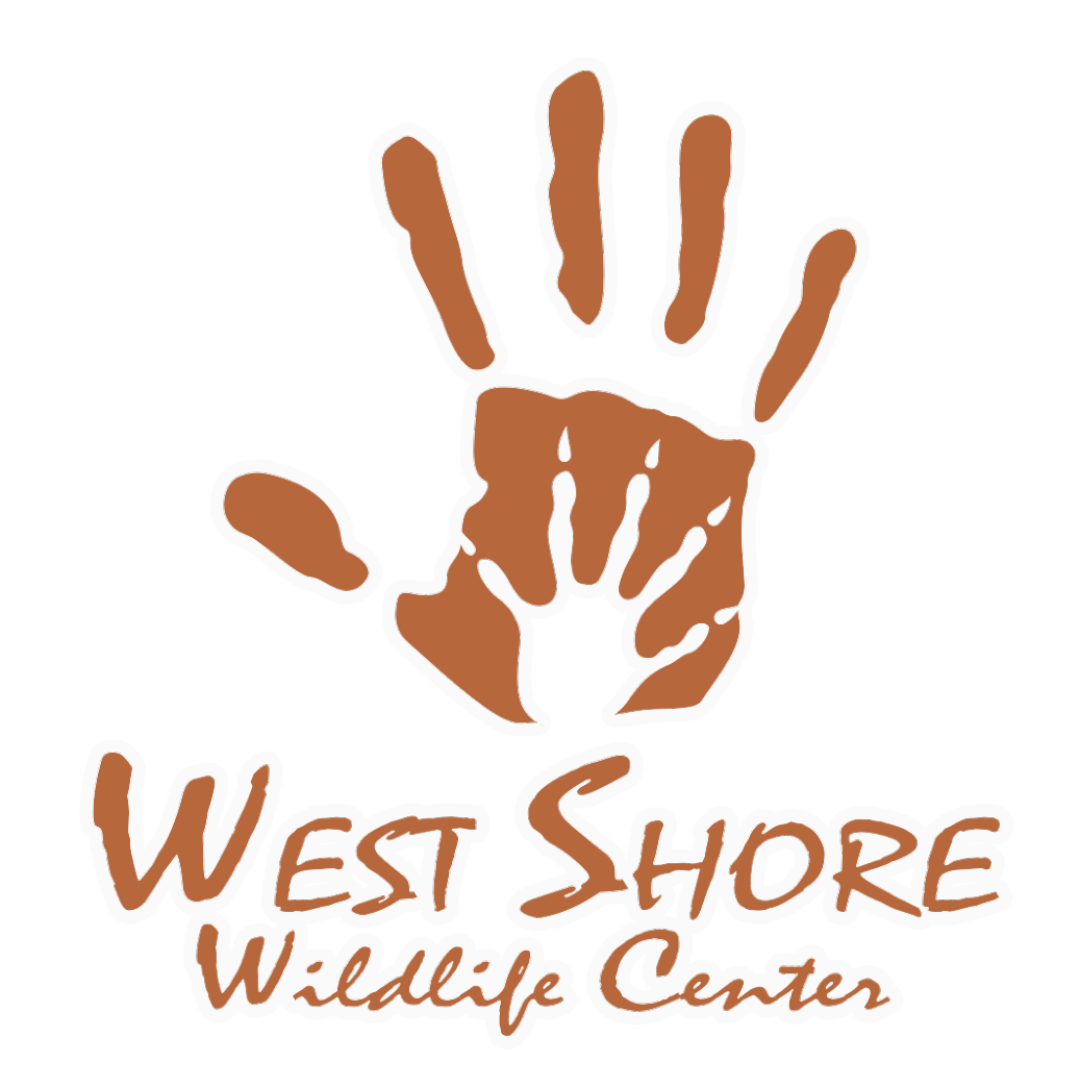Canada Goose Imprinted on Humans: Patient 20-542
Patient 20-542 was found near Mt. Rose Avenue in York, PA. He was walking up to people desperate for help. Thankfully, someone recognized he needed assistance and called us right away.
This Canada Goose was imprinted. He was most likely found as a baby, then raised by humans and later dumped in the wild when he became an adult. We transferred him to another rehabilitator who had other geese, hoping to introduce him to his own species.
What is Imprinting?
Imprinting is the process in which a young animal comes to recognize its own kind. There are different kinds of imprinting, but in general, it is when a baby animal learns who its parents are. This then becomes the baby’s identity, who they trust and what they look for in a mate. Many animals go through some type of imprinting process shortly after birth/hatching or when first opening their eyes as infants.
Why Animals Imprinting on Humans is Bad
Sometimes when humans find baby animals, they want to raise them. But sometimes, these animals get dumped back into the wild to fend for themselves after years in captivity.
Unfortunately, even if an animal is physically healthy after being raised by humans, they are often not mentally, socially or behaviorally well to survive in the wild. Whether they are still babies or adults, if animals imprint on humans, they can become terrified in the wild. They think they are humans and don’t recognize their peers.
As imprinted animals get older, they may attempt to mate with humans and can become extremely dangerous. At WSWC, we always try to integrate an animal back into its wild habitat with its species, but sometimes, their brain cannot be rewired. Many physically healthy animals are euthanized because of people.
How Do We Stop Humans From Keeping Wild Animals?
The best way we can stop humans from keeping and raising wild animals is through education and YOU!
Word of mouth is the best way to teach people the best way to coexist with wildlife. Tell friends, family, teammates, coworkers and strangers (if the topic comes up) about what to do if they find a sick, injured or orphaned animal. Or even a baby animal that is healthy!
Refer them to West Shore Wildlife Center or your local wildlife rehabilitation center. You can also educate them on the devastating effects we have on animals by keeping them.
The Canada Goose was transferred to another wildlife rehabilitator in the hopes that he can still return to the wild one day.

